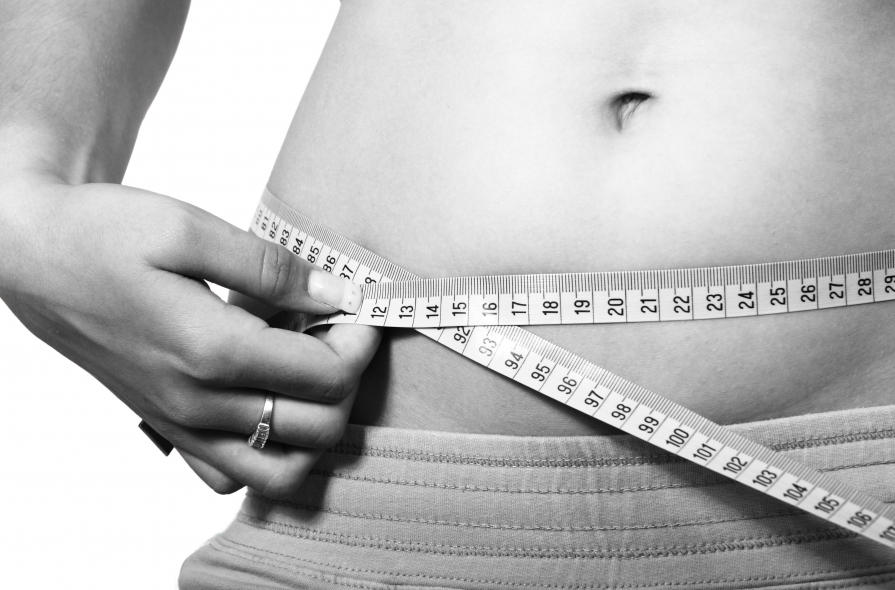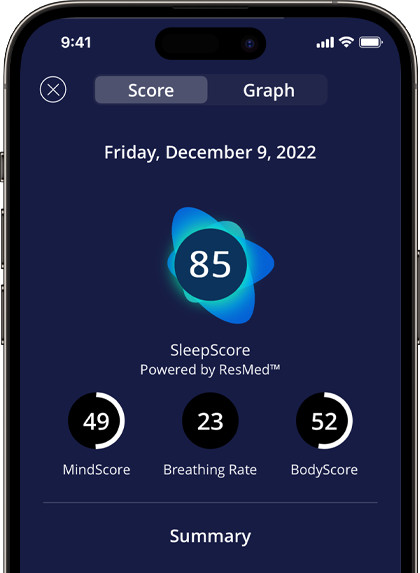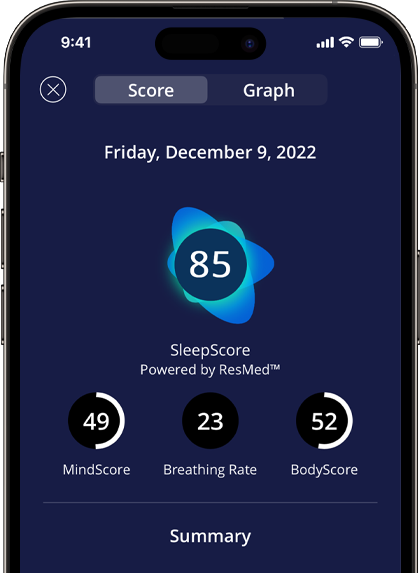Could More Sleep Help You Lose Weight?

If you’re counting calories but can’t seem to shake your extra weight, it may be because you’re not getting enough sleep. It’s a cycle that many of us are familiar with. We stay up late, causing us to feel tired the next day, so we tend to eat sugary treats that give us an immediate, albeit short, energy rush. This can add up to 300 extra calories per day, which over one week is 2,100 additional calories! This can help explain the connection between low sleep and weight gain. In this article, we’ll outline the current research on sleep and weight loss and how you can harness the power of sleep to your benefit.
The Connection Between Sleep and Weight
Sleep is a powerful tool for weight management. Getting sufficient sleep—for most of us that means sleeping 7 to 8 hours a night—can help keep the appetite in check, curb cravings, and reduce late-night noshing. The problem is that most of us just aren’t getting that much sleep on a regular basis. The Centers for Disease Control and Prevention (CDC) estimates that nearly one-third of working adults in the U.S. are sleeping no more than 6 hours per night. So how does this connect with weight loss?
A comprehensive new review of research related to sleep and weight gives some perspective on what we’ve learned about the complicated relationship between the two. Researchers examined studies from the past 15 years on the possible influence of partial sleep deprivation and weight control. They emerged with a broad consensus: partial sleep deprivation appears to have a significant impact on weight—how easily it is gained, lost, and maintained. Partial sleep deprivation, in this case, is defined as sleeping fewer than six hours per night.
Hormonal Imbalances
The review also revealed consensus among multiple studies about some of the ways that sleep can influence weight. Partial sleep deprivation disrupts the normal levels of two hormones that are critical to regulating hunger and appetite: ghrelin and leptin. Both play a big role in the sleep-weight connection. Studies show that even mild and short-term sleep deprivation can result in imbalances in these hormones that govern appetite.
Ghrelin is a fast-acting hormone, produced in cells of the stomach, which spurs appetite and drives you to eat. Ghrelin may particularly increase appetite for high-calorie foods. When the body is deprived of sleep, production of ghrelin increases. Research shows that even a single night of sleep deprivation can elevate ghrelin levels—and appetite.
Leptin is another hormone we think about when we discuss sleep and weight loss. Leptin is the hormone that suppresses appetite by communicating to receptors in the brain that the body has the energy it needs to function and doesn’t need to take on more. Leptin is produced in white fat cells throughout the body. The amount of fat in the body, then, influences the amount of leptin produced. When leptin levels are lower than normal, we’re less likely to feel full after eating. Food also appears more enticing when we exhibit low leptin levels. Essentially, low sleep suppresses leptin production, making you more likely to feel ongoing pangs of hunger.
With these hormonal imbalances at work, it’s little surprise that sleep-deprived people are more likely to gain weight and to have difficulty maintaining a healthy weight.
Sleep and Obesity Risks
Insufficient sleep has also been known to increase the risk of obesity, which comes with its own set of health risks. A study on sleep and obesity found that “sleep loss has been shown to result in metabolic and endocrine alterations…and confirms previous findings of an association between sleep loss and increased risk of obesity.” The study found that the best preventative treatment for reducing obesity risk included sufficient amounts of habitual sleep and good sleep hygiene.
The challenge of maintaining a healthy weight is a daily endeavor, made up of many small choices— that over time have a powerful cumulative effect. A strong routine of sufficient nightly sleep, good sleep hygiene habits, and healthy choices during the day can aid in this endeavor. So, remember, to lose more, you want to sleep more!



